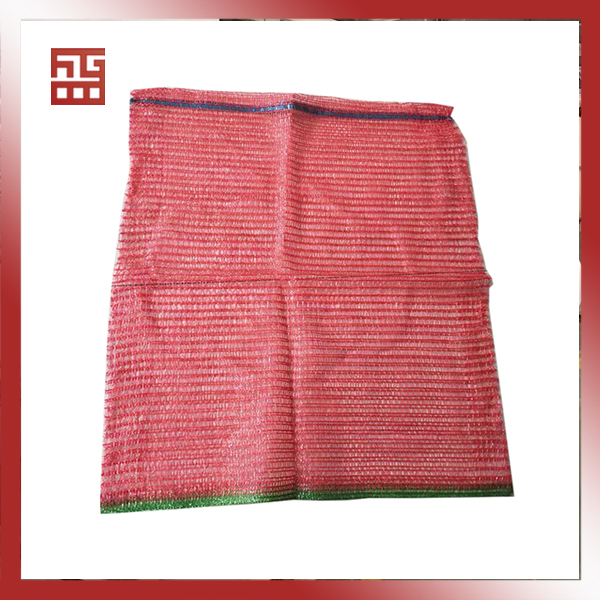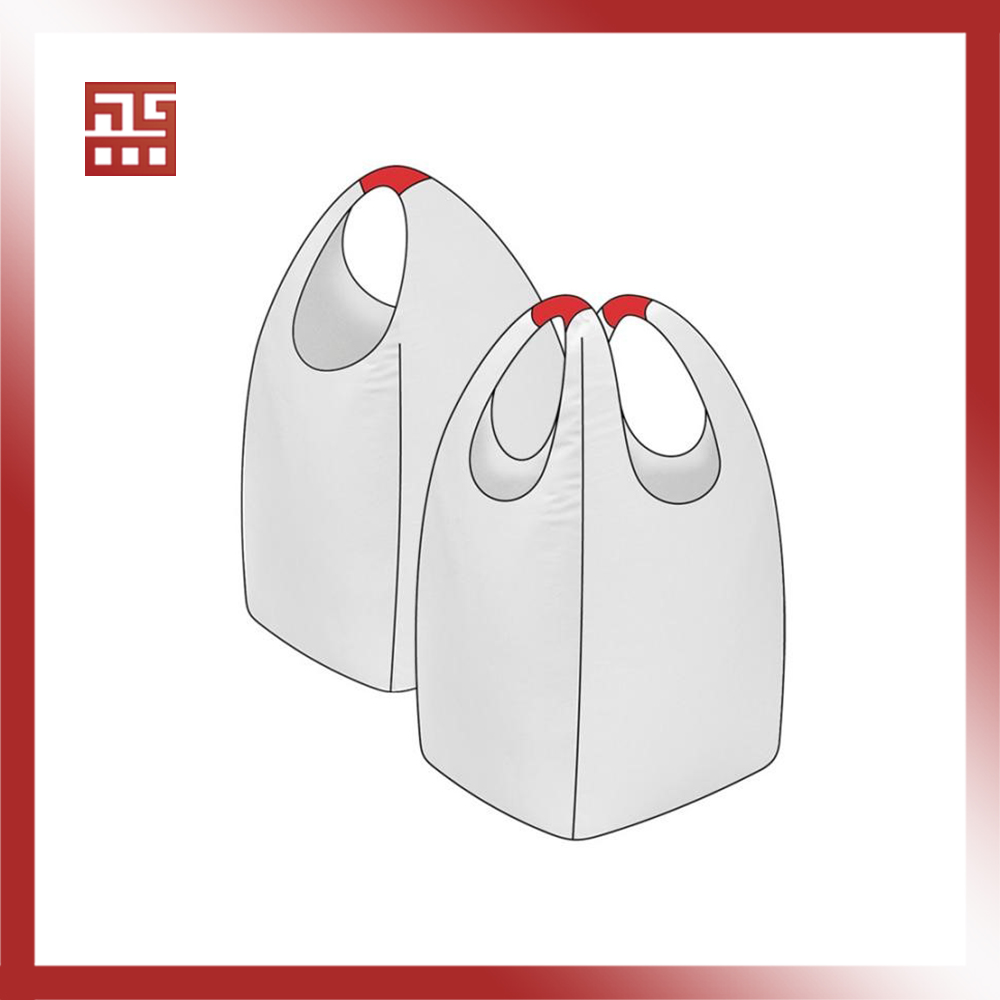New Jersey’s single-use plastic bag ban has proved unsuccessful in curbing plastic consumption, with a new study showing that plastic use has tripled.
Gov. Phil Murphy (D-NJ) signed a bill that set the bag ban into motion in May 2022 in an effort to address plastic pollution, and he said it “will help mitigate climate change.” The ban, which was the strictest of its kind at the time, restricted retail and grocery stores from providing customers with single-use plastic bags and prohibited grocery stores larger than 2,500 square feet from giving customers single-use paper bags. Tarpaulin

“Plastic bags are one of the most problematic forms of garbage, leading to millions of discarded bags that stream annually into our landfills, rivers and oceans,” Murphy said in a press statement after approving the legislation.
The law also banned polystyrene foam food takeout containers and single-use plastic straws unless a customer requests one.
Shoppers resorted to reusable bags composed of woven and nonwoven polypropylene plastic, which quickly became a problem for people who racked up collections of the bags only to reuse them, or not, a few times before discarding them or donating their excess to a food bank, Fox News reported.
However, this surge in reusable bags has created its own sort of environmental problem. For example, to have an alternative grocery bag that has a positive effect on the environment, a cotton bag should be used 7,100 times, according to a report on the lifecycle of reusable bags.
One New Jerseyan told NJ Advance Media in 2022 that she keeps her bags in the basement.
“I have another bag by the door in case I go out to the farmers market. Most of them are brand new, even have the tag on them. I use them one time but don’t throw them out,” she said.
A new study by Freedonia Group on Jan. 9 shows that the plastic bag ban the governor touted as “the strongest bill of its kind in the U.S.” has produced the opposite effect. New Jersey residents have used three times the amount of plastic, consuming 53 million pounds of plastic before the law and 151 million pounds after, according to numbers reported by Fox News.
CLICK HERE TO READ MORE FROM THE WASHINGTON EXAMINER
“Most of these alternative bags are made with nonwoven polypropylene, which is not widely recycled in the United States and does not typically contain any post-consumer recycled materials. This shift in material also resulted in a notable environmental impact, with the increased consumption of polypropylene bags contributing to a 500% increase in greenhouse gas (GHG) emissions compared to nonwoven polypropylene bag production in 2015,” the study reported.

pp belt 40mm New Jersey is not the only state to implement plastic bag bans to help the environment. Twelve others, including Vermont, Oregon, California, and Colorado, have single-use plastic bag restrictions.